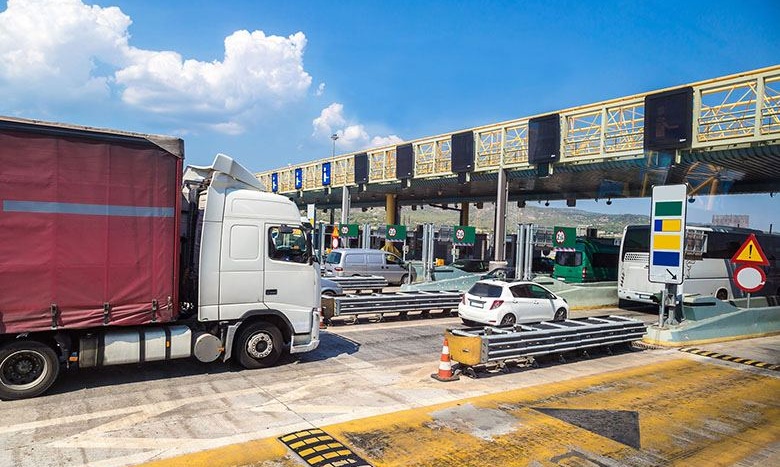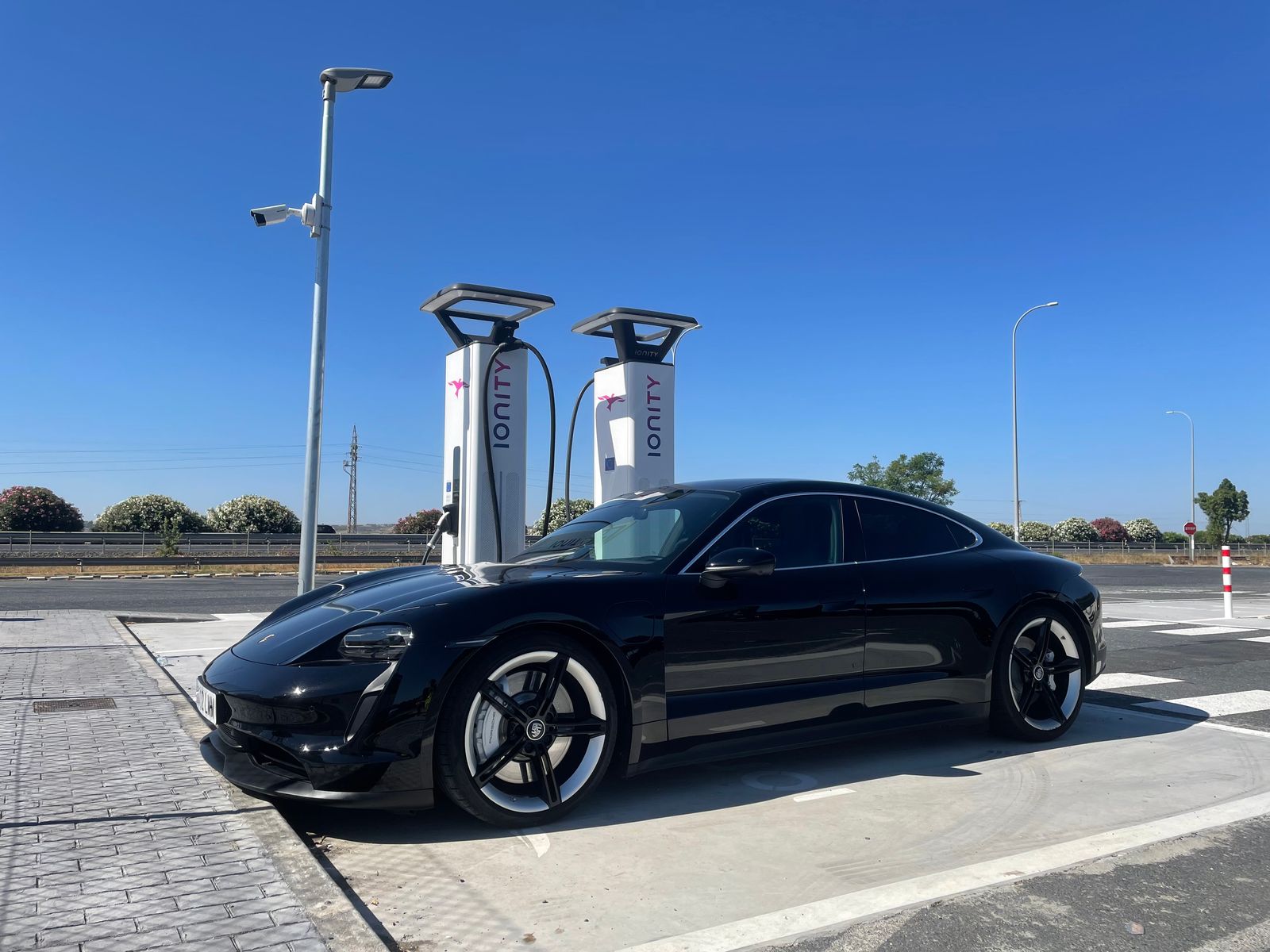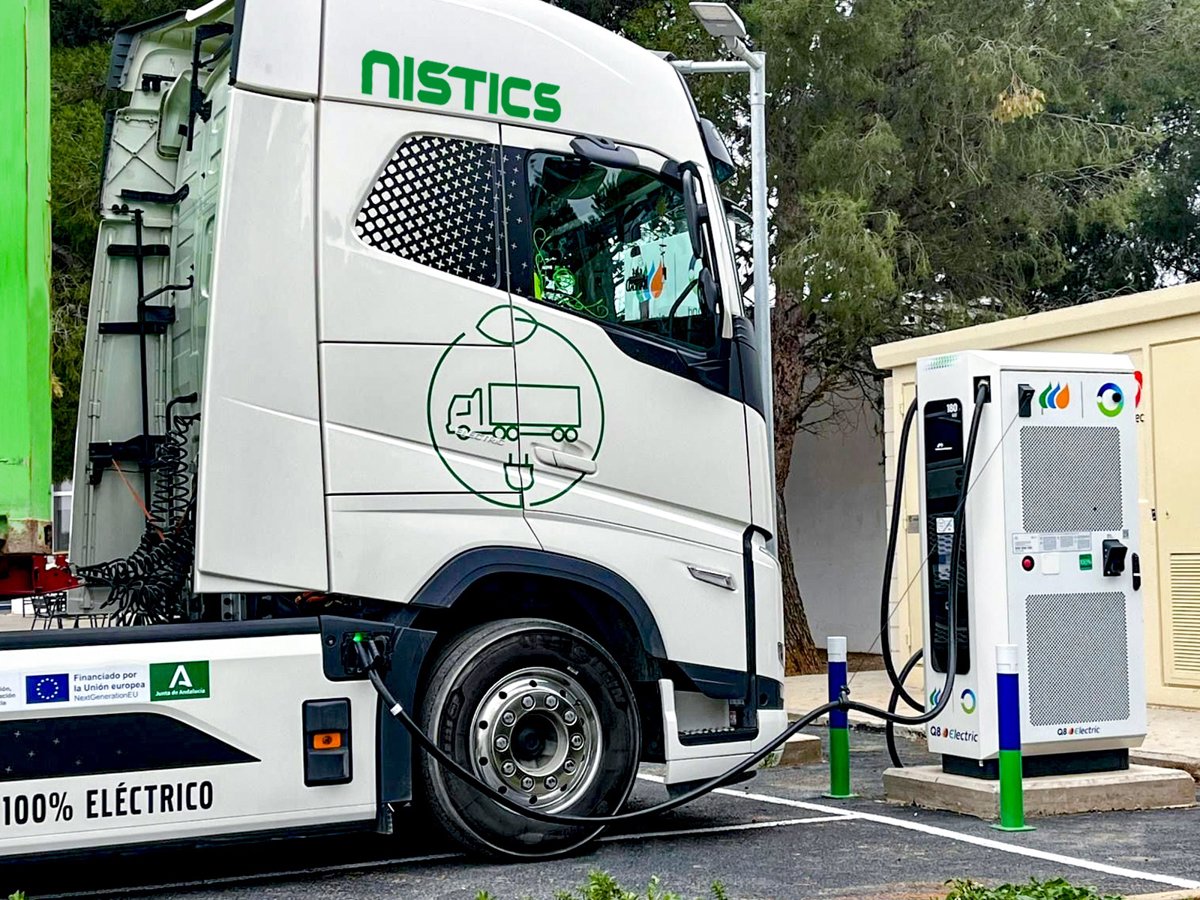To stimulate and support the competitiveness of sustainable road transport, the European Commission is proposing to exempt zero-emission heavy-duty vehicles from road tolls and user charges.
As pledged in its Industrial Action Plan for the European automotive sector, the Commission is proposing to extend the current exemption period from 31 December 2025 to 30 June 2031, providing a significant incentive for companies to invest in zero-emission heavy-duty vehicles.
The upfront cost of these vehicles is currently higher than their conventional counterparts, making them less attractive to buyers and remaining one of the main barriers to their wider deployment.
By waiving tolls and user charges, the European Union (EU) aims to strengthen the business case for investing in zero-emission trucks and buses.

The proposed exemption period will be synchronised with the EU’s CO2 emission performance standards for new heavy-duty vehicles which target a 43% reduction in emissions by 2030.
Apostolos Tzitzikostas, EU Commissioner for Sustainable Transport and Tourism, says: “We need to create the right conditions to support European businesses and reward pioneers in the transition to a low-carbon economy.”
“By extending the exemption period, we are providing a strong incentive for the industry to invest in zero-emission vehicles and reduce emissions from road transport. This is important for our businesses, but also for our climate goals,” he adds.
The proposal will now be considered by the European Parliament and the Council under the ordinary legislative procedure.
Background
To address the changes ahead for Europe’s automotive industry, and the challenges these changes pose, the Commission launched a Strategic Dialogue on the Future of the European Automotive Industry, followed by an Industrial Action Plan that was adopted in March 2025.
This proposal implements a specific action from this plan: to boost demand for zero-emission vehicles and to accelerate the uptake of zero-emission HDVs.
In 2022, the heavy-duty road transport sector caused 27.5% of road transport CO2 emissions, despite accounting for only 2.4% of the vehicle fleet. It also produced 6.9% of all emissions in the EU.
To help decarbonise this sector, Directive 1999/62/EC was amended in 2022 to enable the differentiation of road charges based on vehicles’ CO2 emissions.
The Directive also allowed Member States to set greatly reduced rates or even grant a full exemption for zero-emission HDVs from tolls or user charges until 31 December 2025.
Under the current rules, only a partial reduction (between 50% and 75%) can be granted to zero-emission HDVs after this date.
READ MORE
-
Ionity solicita más de 6 millones al Moves III para ampliar su red eMobility en España
La compañía proyecta instalar más de 20 estaciones de recarga ultrarrápida en regiones con baja penetración del vehículo eléctrico.
-
Iberdrola | bp pulse y Nistics se quedan con el hito de la mayor estación de recarga de eTrucks
El nuevo hub, ubicado en Alcalá de Guadaíra (Sevilla), contará con cargadores de hasta 400 kW y funcionará las 24 horas. Estará operativo entre finales de 2026 y comienzos de 2027.
-
CCOO cuestiona decreto que busca ampliar tiempos de conducción en camiones eléctricos
Aunque el texto normativo aún no se ha publicado, el ministerio ha adelantado que la propuesta busca favorecer el uso de vehículos cero emisiones dentro de los márgenes que permite la legislación comunitaria. Sin embargo, la central sindical considera que esta flexibilización supone un riesgo para la seguridad en carretera.










